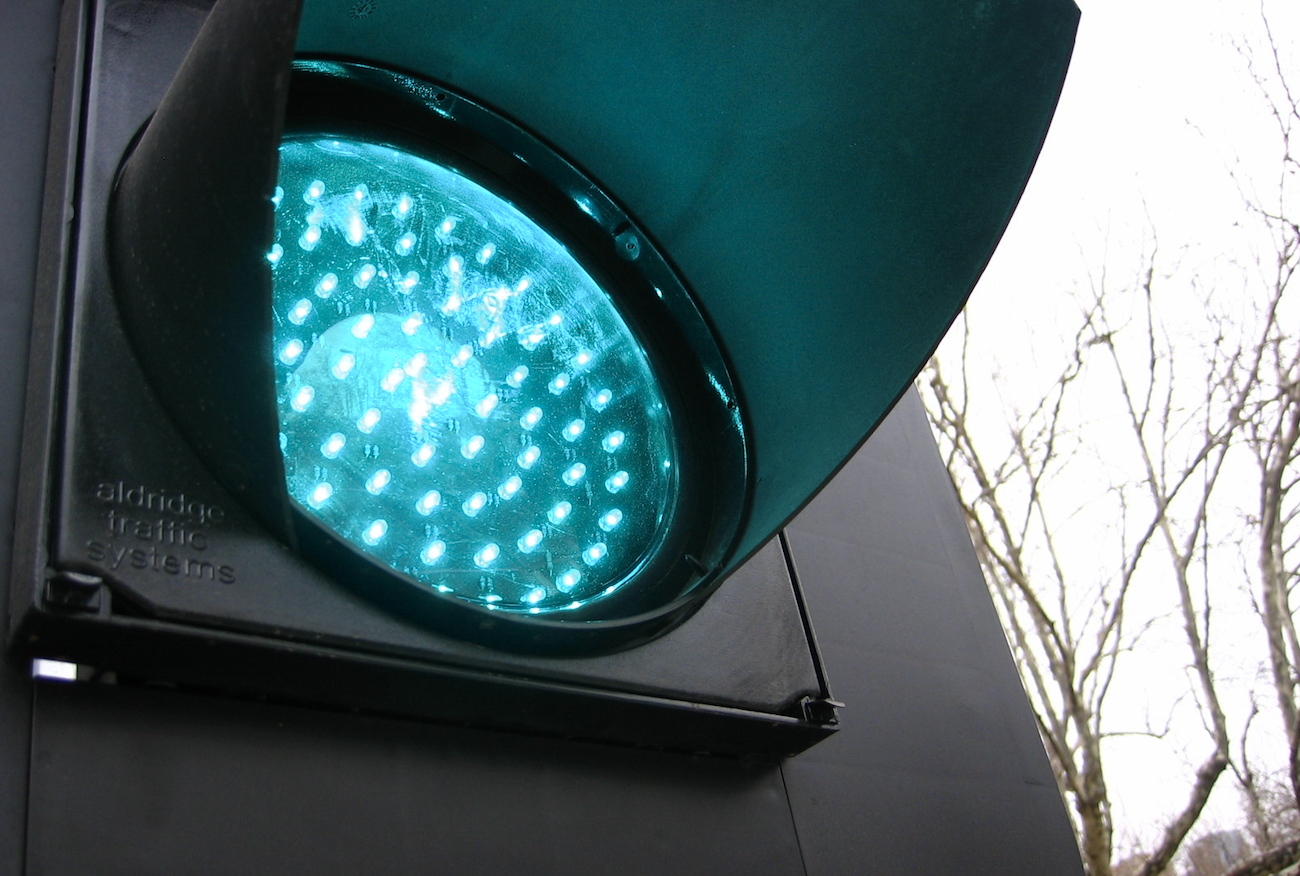On June 21, the United States Food and Drug Administration announced that it had authorized four menthol-flavored vaping products. This marks the first time the agency has authorized vapes in any flavor other than tobacco as “appropriate for the protection of public health.”
The hugely significant news comes after years of tobacco harm reduction advocacy to authorize flavors—which are often critical for smoking cessation, when the large majority of adults who switch prefer non-tobacco flavors.
The FDA has now granted marketing orders for four NJOY products: ACE Pod Menthol at 2.4 percent and 5 percent nicotine strengths, DAILY Menthol at 4.5 percent, and DAILY EXTRA Menthol at 6 percent. The ACE is a sealed prefilled pod, while the DAILY is a disposable vape.
Critics of the FDA’s Center for Tobacco Products have long accused it of maintaining a de facto flavor ban.
The FDA’s announcement came one day before the 15-year anniversary of the Family Smoking Prevention and Tobacco Control Act (TCA), which granted the FDA regulatory authority over nonmedical nicotine products. Critics of the FDA’s Center for Tobacco Products (CTP) have long accused it of maintaining a de facto flavor ban.
The FDA has always denied this, but the charge has been bolstered by a number of court rulings against the CTP and in favor of flavored vape manufacturers, which have sued the agency after being “arbitrarily and capriciously” denied authorization.
In 2022, Filter additionally broke the story that the office of CTP Director Dr. Brian King overrode a recommendation from the CTP’s Office of Science to authorize some menthol vaping products.
All of this indicated that the CTP’s premarket tobacco products applications (PMTA) process has been guided by politics as much as science, amid media and political outcry scapegoating flavors for a supposed youth vaping “epidemic.”
Is the tide now turning? The latest announcement comes just 15 days after the FDA announced that it had rescinded the marketing denial orders it issued to Juul—a company also widely blamed for youth vaping—and returned its PMTA submissions to the pile of pending applicants.
Tobacco plus menthol does not equate to the full range of flavors that consumers and advocates demand, when people who switch often need to try a number of options.
If this does indicate a belated change of direction, there is still an awful long way to go.
Tobacco plus menthol does not amount to the full range of flavors that consumers and advocates demand, when people who switch often need to try a number of options before they find what works for them.
The FDA has still only given a very small number of vaping products the green light. All of the manufacturers are owned by tobacco companies, reflecting another longstanding criticism: that the PMTA process is so onerous and expensive, only the biggest companies can realistically succeed.
“After years of an inexplicable delay and absurd excuses, the FDA has finally granted approval to a mere four menthol flavored vaping devices,” Allison Boughner, vice president of the American Vapor Manufacturers association, which represents smaller companies, said in a statement. “The bottom line is that today’s approvals will do nothing to meet the demand of the 10 million-plus adults who use flavored vaping products. These [NJOY] products have been on the market for nearly eight years and have minimal market share.”
“The agency’s claim of clear approval standards is plainly untrue,” she continued, ”…it’s time for a wholesale change that at long last respects the right of all Americans to switch to vastly safer nicotine alternatives.”
NJOY’s journey to this point has been a long one. Founded as an independent vape company in 2007, it won a major lawsuit against the FDA in 2010, which prevented its products being deemed medical devices or drugs, as long as it didn’t make therapeutic claims.
In 2016, the FDA deemed NJOY’s products, like all other nonmedical nicotine products, to be “tobacco products.” Manufacturers were required to submit PMTAs by September 9, 2020.
The question of authorizing menthol vapes has been given added significance by another controversial FDA move: its proposed national ban on menthol cigarettes.
In 2022, the FDA granted NJOY marketing orders for six tobacco-flavored products. The tobacco company Altria then acquired NJOY in 2023.
With the addition of NJOY’s menthol products, the FDA has now granted marketing orders to a measly 27 applications out of an eye-watering 26 million submitted.
The question of authorizing menthol vapes has been given added significance by another controversial FDA move: its proposed national ban on menthol cigarettes. The ban, which somewhat divides tobacco harm reduction advocates, has been opposed by civil rights groups on the basis that it would lead to further law enforcement targeting of Black communities. The Biden administration has indefinitely paused the ban, but CTP leadership has vowed to pursue it.
Whether or not a menthol cigarette ban is implemented, there’s little doubt that some people who smoke menthols could find menthol vapes a particularly helpful way to switch.
Evidence confirms that vapor is far less toxic than combustible cigarette smoke; that adults prefer flavors other than tobacco; and that vapes are more effective smoking cessation tools than nicotine replacement therapies (NRT).
In light of this, the FDA’s latest move can be viewed as long overdue. Advocates and consumers will be braced for more obstruction or backward steps from an agency that has frequently preferred to exaggerate risks of youth vaping, rather than amplify a key strategy to reduce smoking-related disease and deaths.
After two years of no new products being authorized to stay on the market, we can’t yet be sure if this truly represents an FDA turning point. But the latest developments do give consumers—ever-fearful of losing access to products they consider have saved their lives—a glimmer of hope.
Photograph (cropped) by Ted & Dani Percival via Flickr/Creative Commons 2.0
The Influence Foundation, which operates Filter, has received unrestricted grants from Altria Client Services and Juul Labs, Inc. Filter’s Editorial Independence Policy applies.




